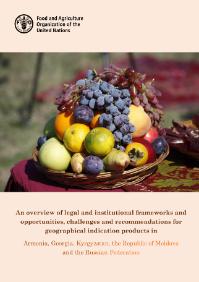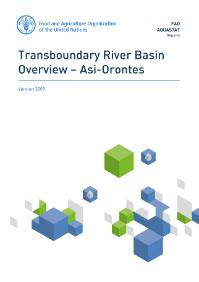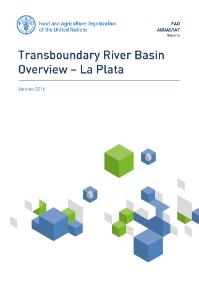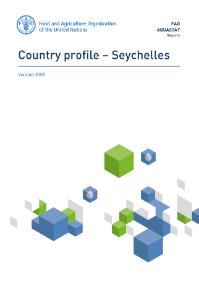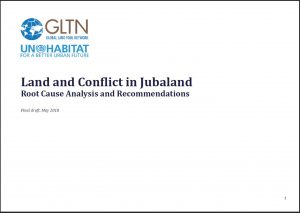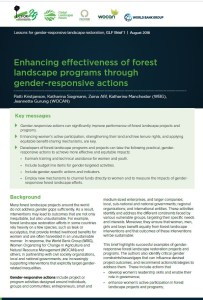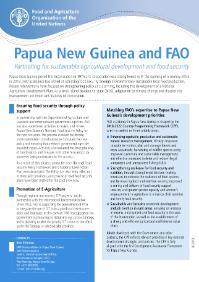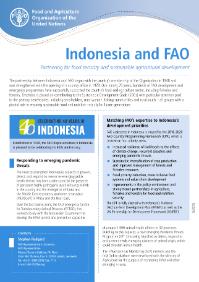An overview of legal and institutional frameworks and opportunities, challenges and recommendations for geographical indication products in Armenia, Georgia, Kyrgyzstan, the Republic of Moldova and the Russian Federation
Geographical indication (GI) schemes can play a special role in promoting sustainable rural development, improving farm income and opening new export potential. Natural factors such as soil, climate and plant varieties play a major role in producing a unique product. Usually, GIs comprise knowledge and skills passed on from generation to generation, helping to protect local heritage. This report is a synthesis of the five national reviews of the legal and institutional frameworks in Armenia, Georgia, Kyrgyzstan, the Republic of Moldova, and the Russian Federation.

